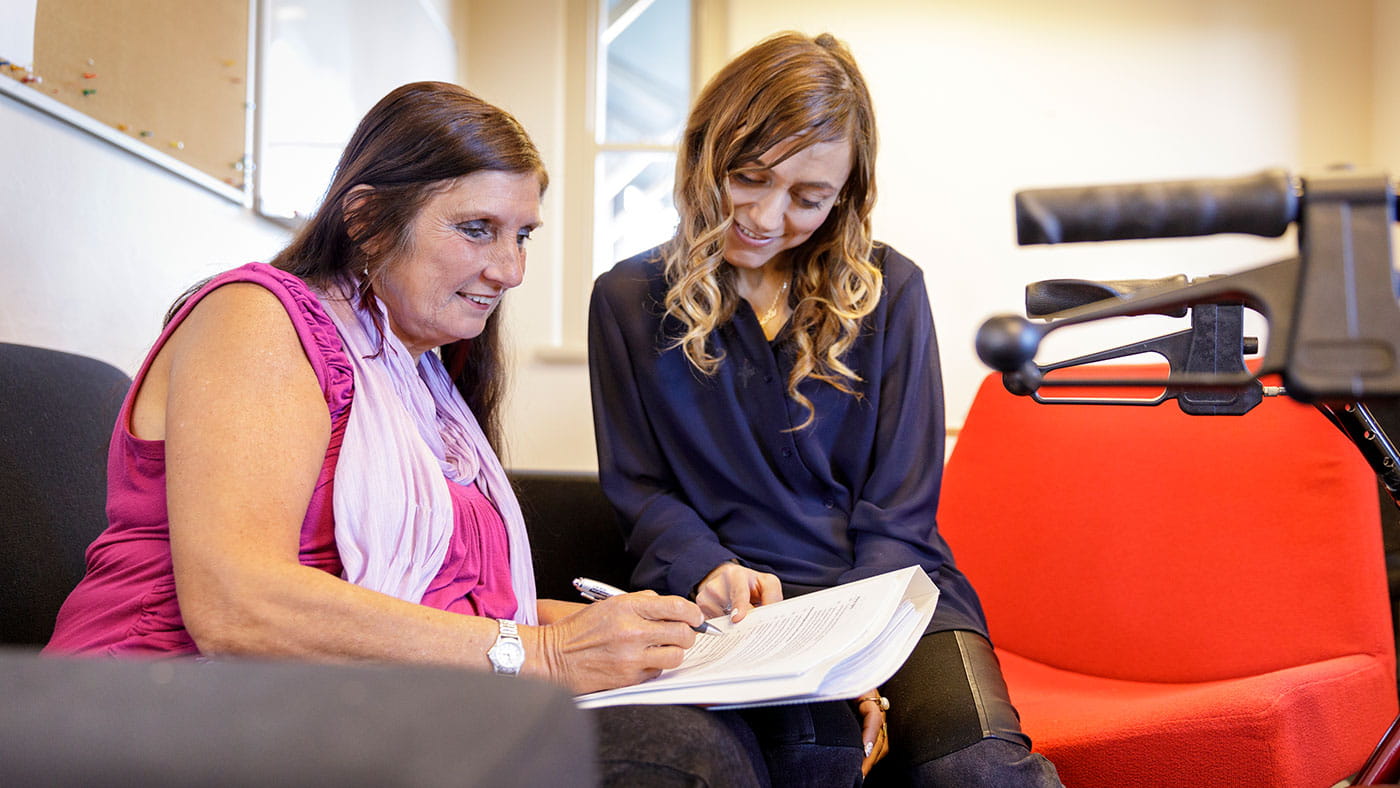Reducing psychological injuries for employees after a physical injury
As an employer, supporting your workers throughout the claims process can be a great preventative measure in reducing the stress placed on their mental health due to their injury.

This was mainly because twice as much work time was lost for the psychological injury claims. It is important for employers to try and prevent psychological injuries from occurring after a physical injury.
The relationship between physical injuries and mental illness
We've all been injured at one point or another and can understand the frustration that physical injury brings. Any injury, especially chronic or severe, can take a mental toll as our normal routines become interrupted.
Emotions that injured workers often feel are boredom, anger and annoyance at themselves for being injured, and frustration for not being able to carry on with their usual tasks to support both themselves and their family. In times like this, it is important for your injured worker to maintain a positive mindset and be reassured that over time with treatment and rehabilitation, they will get better.
Chronic pain resulting from physical injury may also lead to secondary mental illness [1]. Feeling isolated and frustrated while taking time off work can cause additional strain for injured employees. As an employer, it is your responsibility to keep a record of how your injured workers are progressing by regularly checking in on them, providing support where possible and directing them to the right places to get additional support if required.
A recent study [2] found that navigating the workers compensation system can also cause significant stress, and secondary mental illness may also develop as a result. To help reduce the risk of this happening, it is essential to know how to navigate your way around the workers compensation system readily, so you can guide your employees in the right direction. Having relevant and useful tools and resources on standby will also be beneficial in alleviating your employees' stress during this process.
How employers can support workers during their return to work
There are many things employers can do to assist employees in their recovery and workers compensation claim process:
- As an employer you can assist by providing suitable or alternative duties for review by the medical or allied health provider. For example, a health worker who is unable to travel to work, may be able to work remotely and help with some administrative tasks from home.
- Help employees stay connected with work to alleviate common feelings of isolation – a simple phone call or being invited to join in work-related social activities can help the injured worker feel supported.
- Once workers have progressed sufficiently in their recovery and are actively seeking return-to-work options, employers can consider flexible working arrangements, such as working from home, working part-time, or contributing in a different role or part of the business.
Workers can feel overwhelmed by the compensation process during their recovery from injury, so providing support to help them navigate the compensation process can relieve the burden.
Resources
References
[1] GPs struggle to manage patients with work-related mental health problems - Bianca Brijnath and Danielle Mazza
[2] Is clinician refusal to treat an emerging problem in injury compensation systems? - Bianca Brijnath, Danielle Mazza, Agnieszka Kosny, Samantha Bunzli, Nabita Singh, Rasa Ruseckaite and Alex Collie

